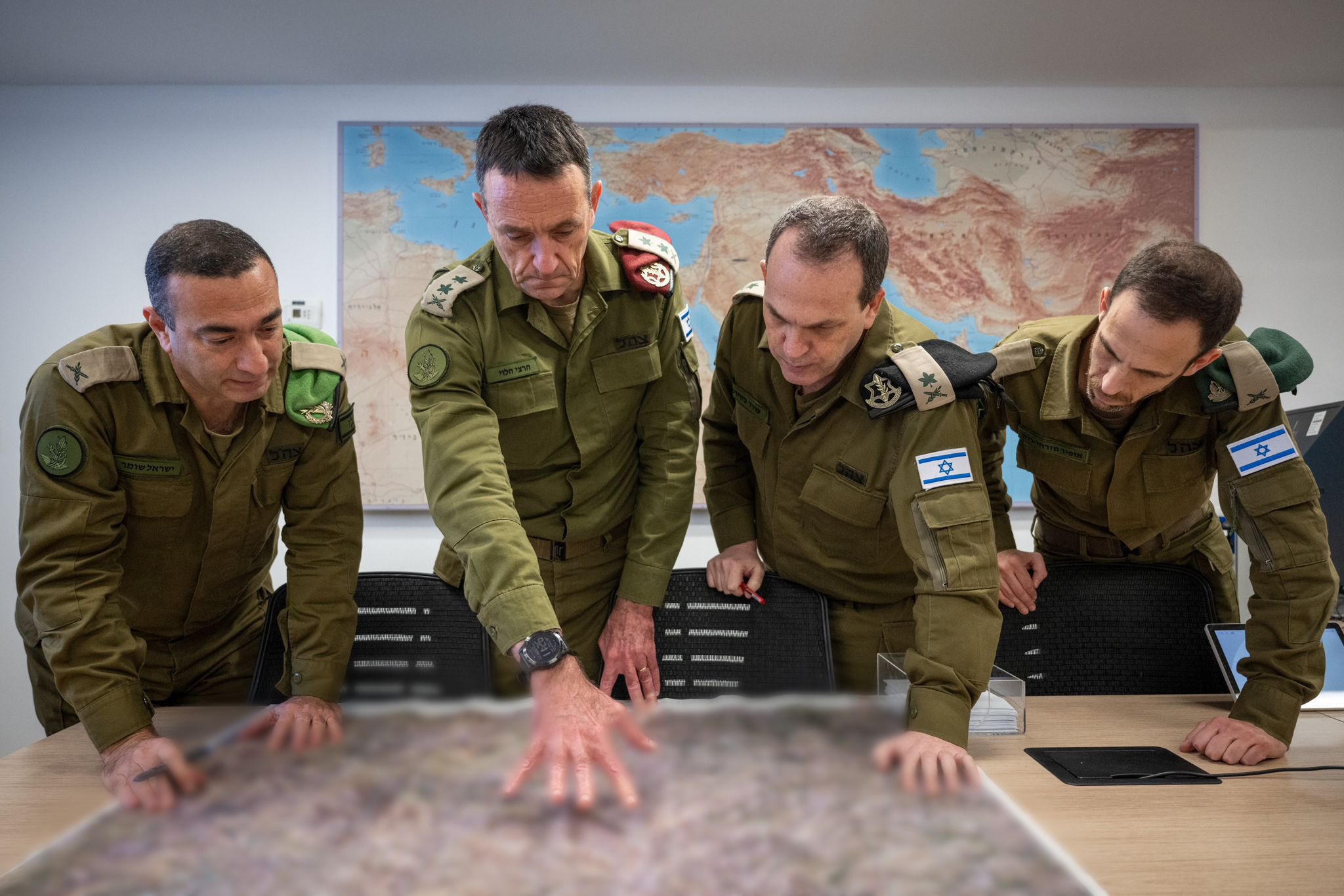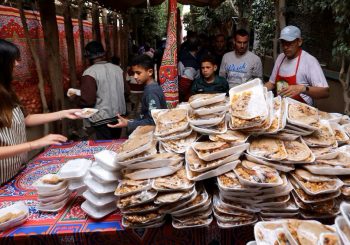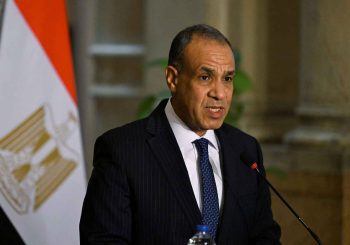Lebanon’s health ministry has reported that at least 356 people have been killed in Israeli airstrikes targeting villages and towns in southern Lebanon. Those killed include at least 24 children.
The strikes, which began early this morning, have also left over 1,000 people wounded, including children, women, and paramedics, according to a statement from the Public Health Emergency Operations Center. Hospitals have started cancelling non-urgent operations to treat the injured.
The Israeli Defence Forces (IDF) confirmed mid-morning that they had launched attacks on more than 300 Hezbollah sites in southern Lebanon. These strikes are part of an ongoing and escalating conflict between Israel and Hezbollah, the Iran-backed militia that operates in Lebanon and which is a staunch ally of Hamas in Gaza.
As the strikes continue, residents of Beirut have reported receiving phone messages urging them to evacuate areas where Hezbollah is believed to be operating or storing weapons. Lebanon’s Information Minister, Ziad Makary, confirmed that “a large number of citizens in Beirut” had received these “unified random telephone messages via the terrestrial network,” calling for their evacuation.
Israel has a history of using phone or text message warnings ahead of airstrikes, a tactic previously deployed in Gaza. However, this time, the conflict appears to be expanding, as Israel’s Defence Minister Yoav Gallant stated that the strikes on Lebanon would continue “until we achieve our goals” of returning thousands of displaced Israelis to the north.
The current wave of hostilities between Israel and Hezbollah is linked to the broader war in Gaza, though tensions between the two sides stretch back decades.
Hezbollah has framed its involvement as a show of solidarity with Palestinians in Gaza. However, cross-border attacks are also seen as a strategic move by the militant group to strain Israeli resources and attention. The group’s actions align with broader regional dynamics, as Hezbollah is deeply intertwined with Iran.
The conflict has escalated over the past week. On Tuesday, a series of explosions involving pagers and walkie-talkies used by Hezbollah members across Lebanon killed 39 people and wounded hundreds. Hezbollah has blamed Israel for the explosions, though Israeli officials have declined to comment. The following day, Israeli forces conducted an airstrike in Dahieh, a Hezbollah stronghold in southern Beirut, killing a senior Hezbollah commander and other militia leaders. The Lebanese health ministry confirmed that 45 people, including three children, were killed in that attack. UN officials suggested the attacks could amount to a war crime.
Earlier this week, the UN Secretary-General urged a halt of hostilities, warning Lebanon could turn into another Gaza.
Hostilities between Israel and Hezbollah have simmered since the militia’s inception in the 1980s, periodically erupting into skirmishes and full-scale conflicts, such as the 34-day war in 2006.







Comments (0)